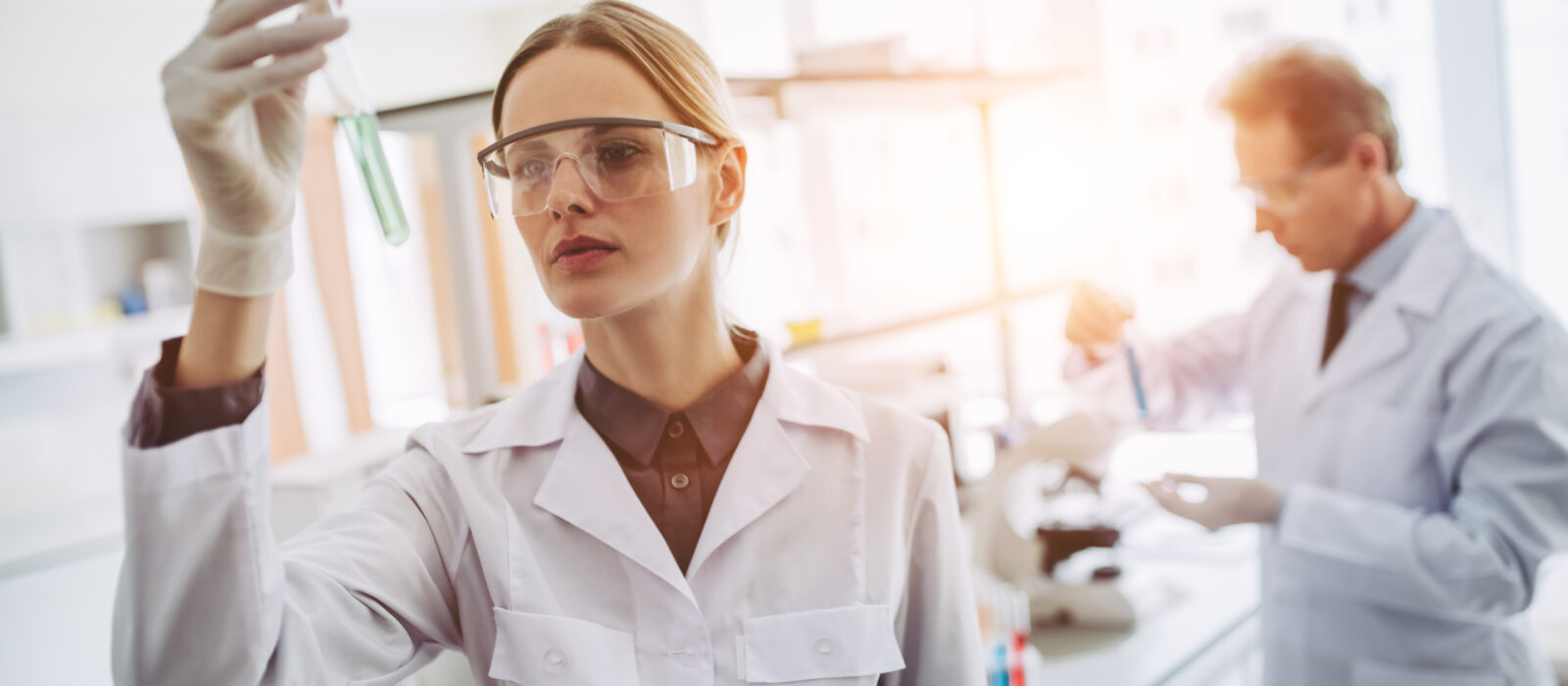TITAN

Project duration: September 2022 – September 2026
TITAN project will develop an innovative process that will enable production of cost-competitive hydrogen together with integrated carbon sequestration. It will be achieved by the direct conversion of biogas (CO2 containing methane-rich feedstock) into hydrogen and valuable carbon materials. The project will also consider further valorisation to power, chemicals and fuels.
As a result, the process has the potential to produce 0.6 Mt of green hydrogen in 2030 to almost 4 Mt per year from 2045 on, corresponding to the saving of 237 Mt CO2 by 2045.
The project will focus on developing two major innovations:
- The efficiency of a scaled-up microwave heated fluidised catalytic reactor allowing high methane conversion in a single pass thanks to direct catalyst heating (avoidance of heat transfer limitation) and the avoidance of energy intensive gas separation will make the whole process energy positive. It will allow to produce hydrogen and/or power at competitive cost while sequestrating carbon, which will lead to negative GHG emissions.
- Direct conversion of biogas by simultaneous methane cracking and CO2 dry reforming into hydrogen and solid carbon materials. Higher hydrogen yield will be obtained by converting the produced CO into hydrogen with an additional water-gas shift reactor allowing water splitting.
The project’s specific ambitions are to:
- Develop suitable non-toxic catalyst and electrified intensified fluidised-bed microwave reactors for energy-efficient conversion of biogas into hydrogen
- Develop models for process design, optimisation and scale-up of production
- Validate techno-economic solutions, as well as environmental, resource and social acceptance
- Develop the economic potential for carbon materials (soil amendment to enhance agriculture soil properties and production of silicon carbide (SiC) materials)
- Elaborate a roadmap for GHG emissions mitigation over the long term

